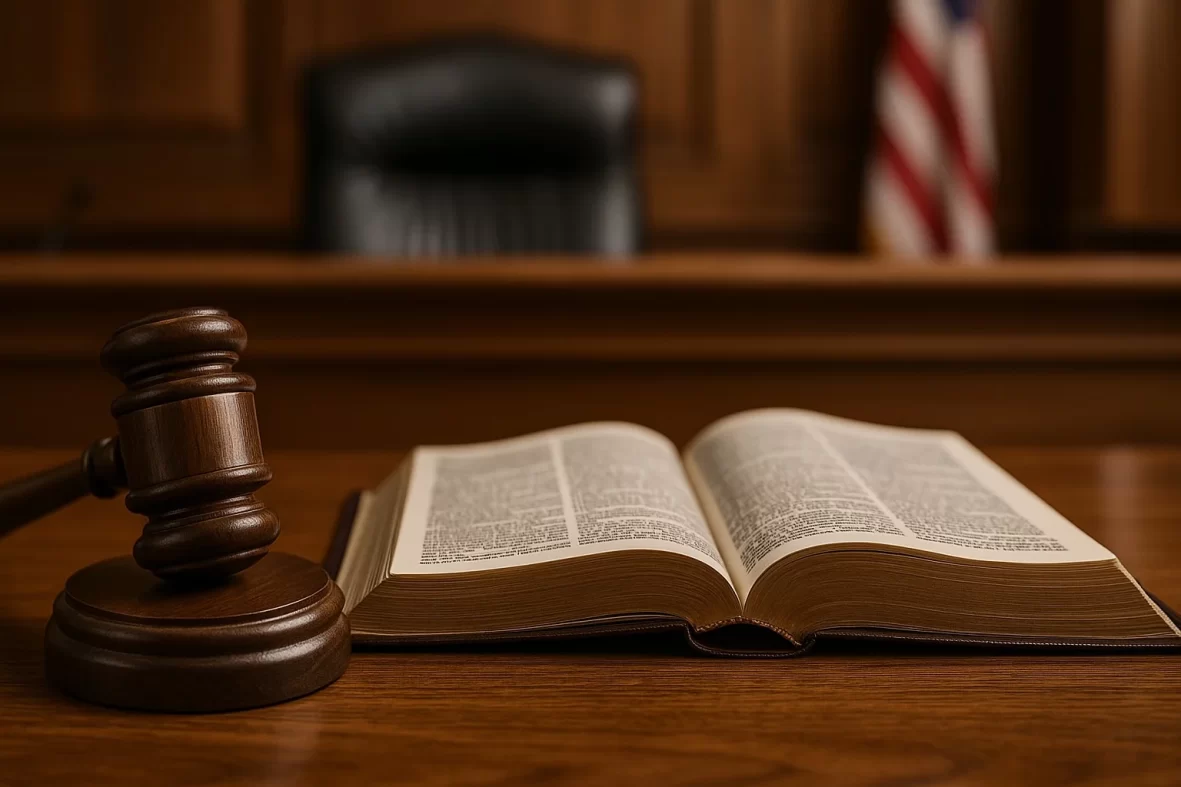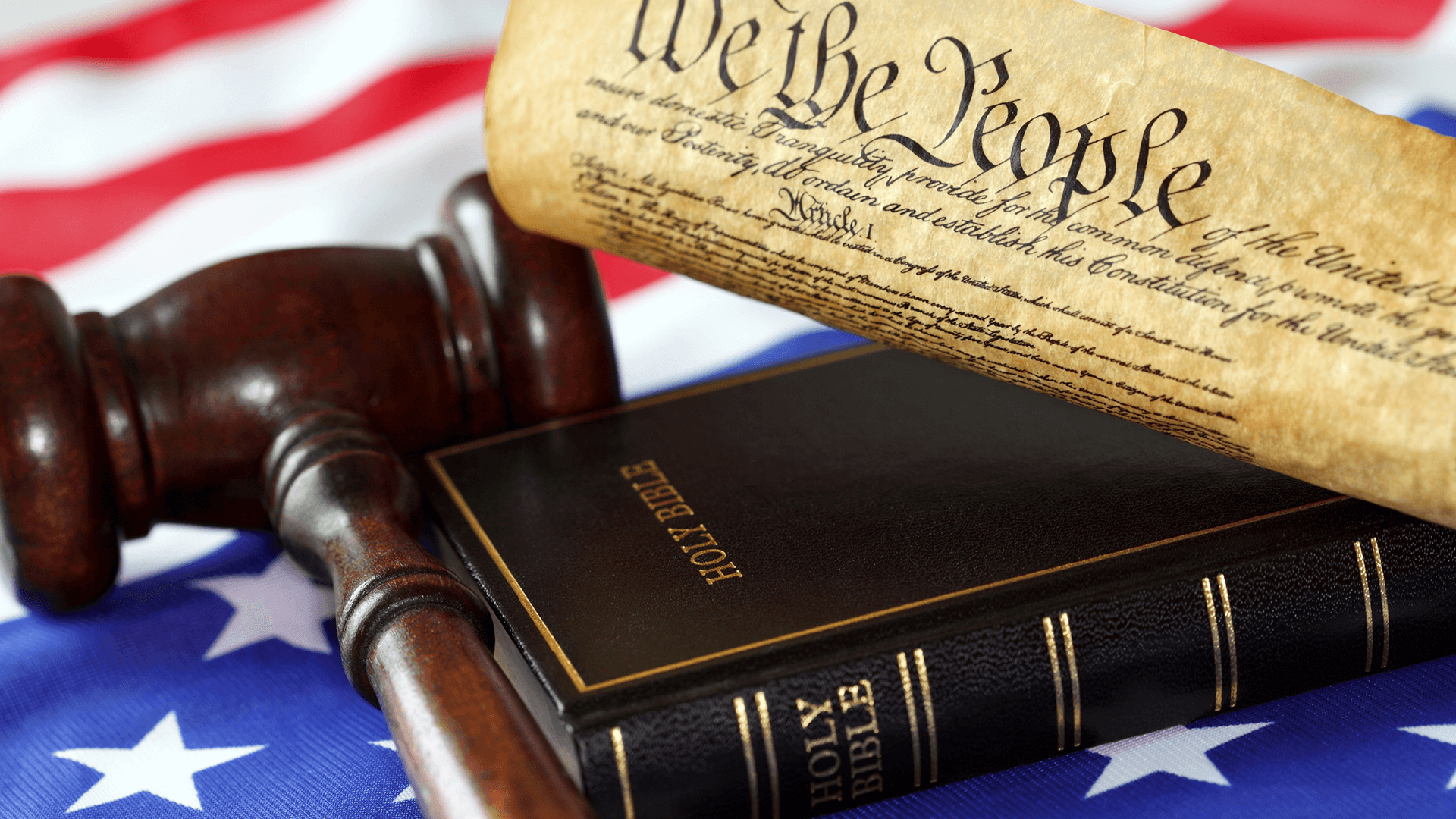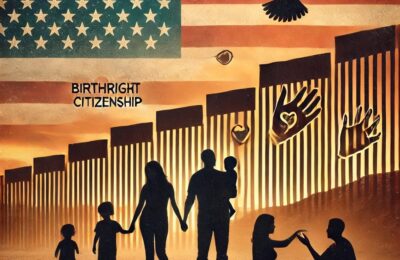Part 1 of In His Image: Justice, Race, and the Gospel
Key Passage: Micah 6:8
The Courtroom and the Candlelight
It was one of those moments the world couldn’t look away from.
The courtroom was silent—eerily so. Phones off. Cameras rolling. Every breath felt like thunder. Outside the courthouse, candles flickered along the sidewalk, spelling one word in trembling flame: justice.
Some held signs. Others held hands. Everyone held their breath.
When the verdict was read, the city either erupted or fell to its knees—depending on which “side” you believed in. Within minutes, hashtags trended, politicians tweeted, churches scrambled to respond. The floodgates opened once again.
People marched. People mourned. People shouted about justice.
But few could define it.
Even fewer asked where the definition came from.
What Does the Lord Require?
In moments like these, it’s easy to be swept away by emotion, headlines, or peer pressure. But God’s Word offers something far more solid than slogans. It gives us truth.
“He has told you, O man, what is good;
and what does the Lord require of you
but to do justice, and to love kindness,
and to walk humbly with your God?” — Micah 6:8
This is not an opinion. It’s a requirement.
In the Hebrew, the word for “justice” is mishpat (מִשְׁפָּט). It means to make things right according to God’s law—not cultural moods. It’s paired with tsedaqah (צְדָקָה)—righteousness, or right relationships grounded in covenant faithfulness.
Biblical justice is not about revenge or reparation. It’s not about power or partiality. It’s about reflecting the character of God: holy, impartial, true.
“You shall do no injustice in court.
You shall not be partial to the poor or defer to the great,
but in righteousness shall you judge your neighbor.” — Leviticus 19:15
Justice is not found in the streets or the hashtags.
It is found in the throne room of God.
When Justice Is Rebranded
Today, “justice” has become a shapeshifter.
It is rebranded as equity, inclusion, or anti-racism—terms loaded with redefinitions. But when we dig beneath the surface, we discover a framework rooted not in Scripture, but in Critical Theory—a worldview that divides the world into oppressed and oppressor groups, where guilt is inherited, and truth is replaced by narrative.
Drawing from Shenvi and Sawyer’s Critical Dilemma, consider this contrast:
| Biblical Justice | Critical Social Justice |
|---|---|
| Rooted in God’s character | Rooted in power dynamics |
| Upholds individual accountability | Prioritizes group identity |
| Pursues truth impartially | Uses standpoint epistemology |
| Seeks reconciliation through Christ | Seeks perpetual activism |
| Offers forgiveness and redemption | Demands guilt and penance |
Carl Trueman explains that this rebranding is part of a larger revolution of the self: “We no longer ask, ‘What is true?’ but ‘What affirms my identity?’” The result? A justice system that punishes the wrong people and excuses the guilty—because the standard has shifted from truth to tribe.
But God does not play favorites.
He doesn’t cancel the guilty—or the forgiven.
Training Our Eyes to See Like God
If the Church is going to navigate these waters, we must train our eyes.
Biblical justice is not a political platform—it’s a discipleship issue. It’s a matter of forming the conscience with Scripture, not slogans.
Here’s what this means for us:
- Speak up when true injustice occurs (Proverbs 31:9)
- Resist partiality, whether based on race, class, or ideology (James 2:1–4)
- Pursue reconciliation rooted in the gospel, not in guilt-based groupthink (Ephesians 2:13–16)
God’s people must embody justice in how we lead, serve, correct, and restore. We are called not to mimic the world’s methods—but to model God’s mercy and truth.
This is not easy. But it is essential.
When the Candles Burn Out
Eventually, the cameras turn off.
The protests end.
The candles are swept away with last night’s leaves.
But the call of God remains:
“Do justice. Love kindness. Walk humbly.”
True justice is not about making statements.
It’s about making disciples.
The Church must be a place where truth reigns, grace flows, and the image of God is honored in every person—no matter their background or burden.
So walk humbly. Act boldly.
And let the world see a different kind of justice.
Next Post →: The Image of God and the End of Racism
View Full Series: In His Image: Justice, Race, and the Gospel







